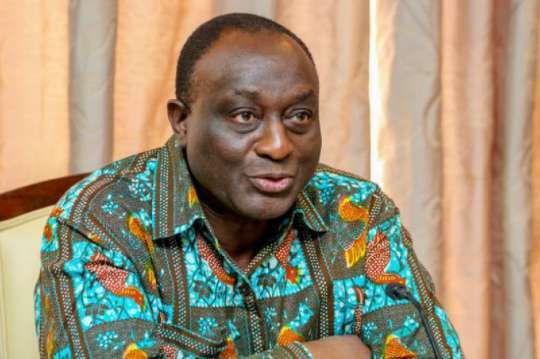The Ministry of Trade and Industry says it will not allow Ghana to become a dumping ground for goods from the UK following the Ghana-UK: Tariff liberalization interim trade agreement which began on Wednesday, September 1, 2021.
The tariff liberalization exercise will see Ghana reduce some tariffs on goods coming from the UK.
The interim trade pact was ratified by the Parliament of Ghana in May 2021 after the UK completed processes to exit the European Union. This provided an opportunity for renegotiation of new tariff regimes in line with the partnership.
Already, Ghana is benefiting from the treaty, as vegetable and fruit exporters enjoy duty and quota-free access to the UK market for goods originating from Ghana.
In fulfilling the agreement, Ghana is obliged to progressively open 80% of the country’s market to UK goods, taking full account of the differences in levels of development between the two parties.
In an interview with Citi Business News, Public Relations Officer for the Ministry of Trade and Industry, Prince Boateng, said the agreement is in the interest of the country.
“Apart from benefitting under the African Continental Free Trade Area, what it also means is that our traditional trade partners, especially the UK, is not shed off entirely with them, and so we stand to benefit. Without this agreement, about two-thirds of Ghana’s non-traditional exports will have to face higher tariffs and that will come at a great cost to us as a country, and so we stand to benefit a lot as a country. This particular trade partnership covers trade in goods as well as development corporation, and so there are clauses that are also available in the agreement for us in the future to negotiate for trade in services and other trade-related issues”.






